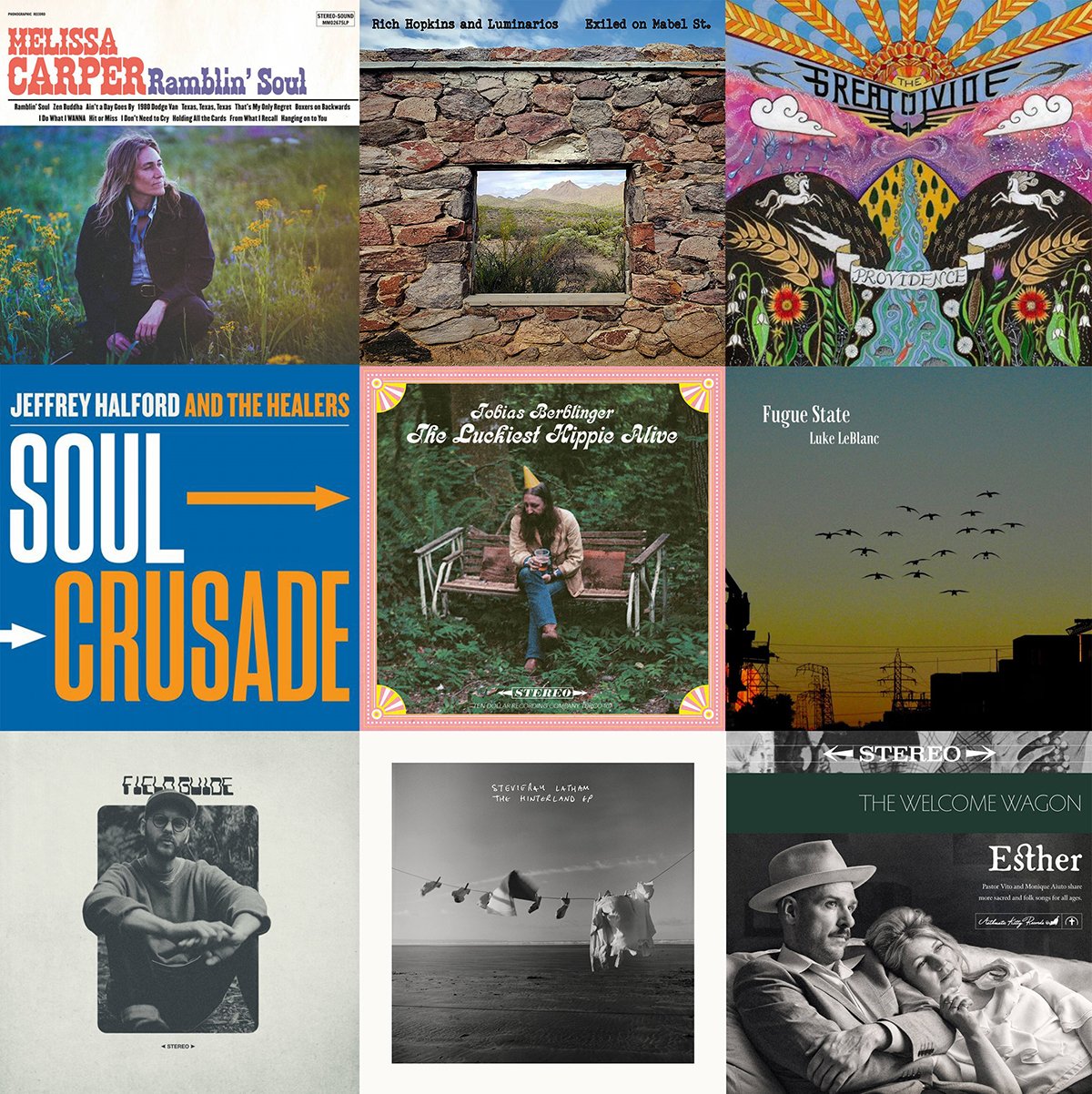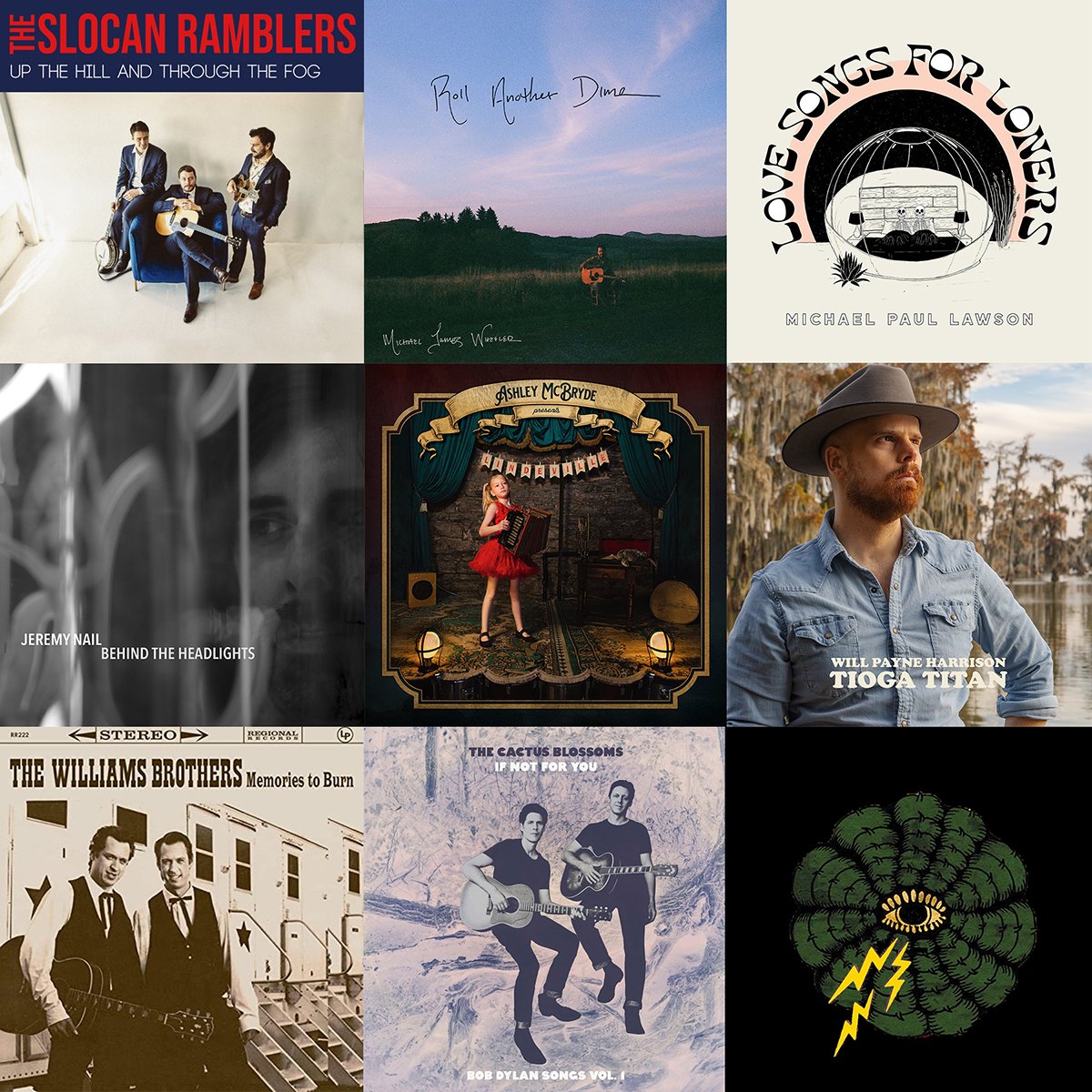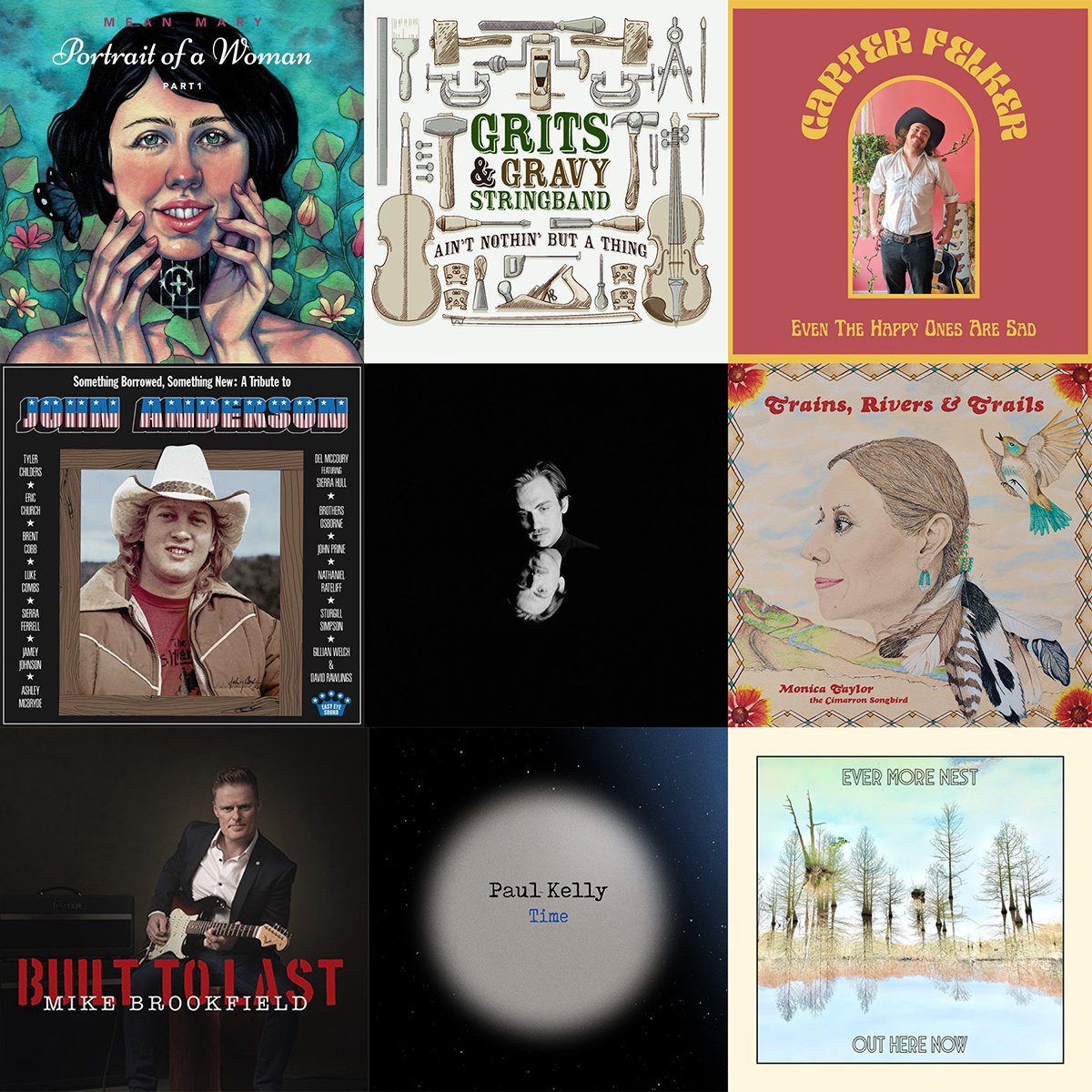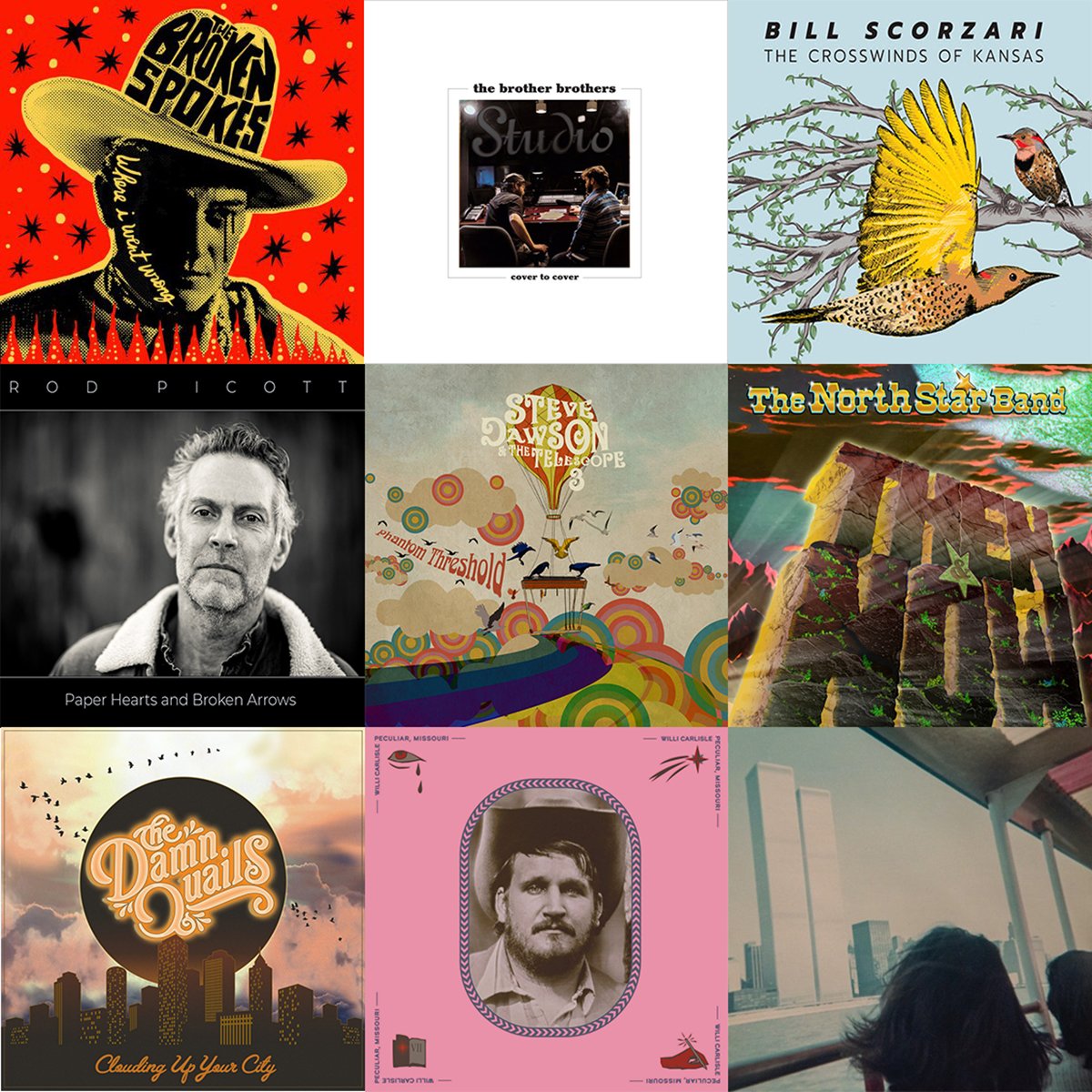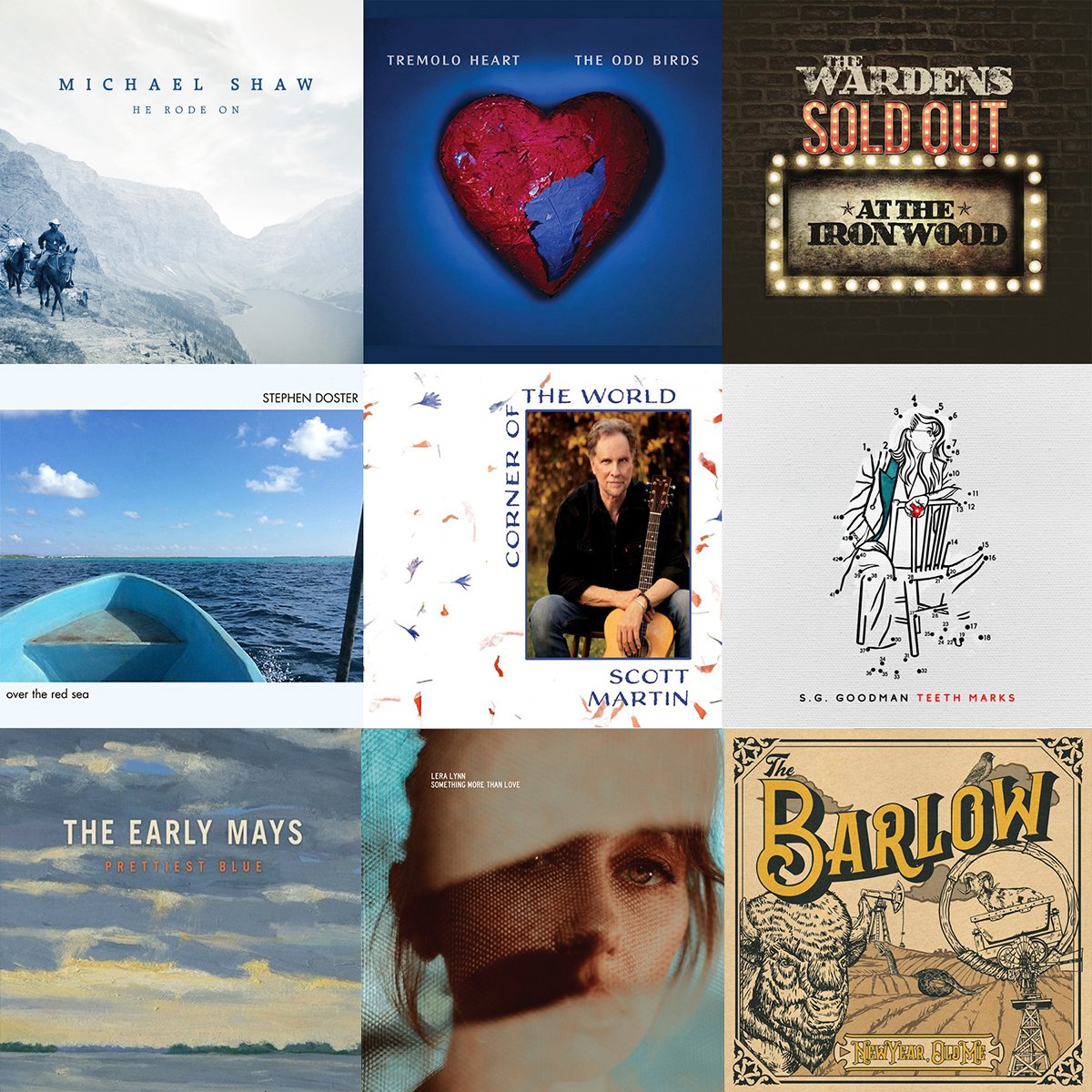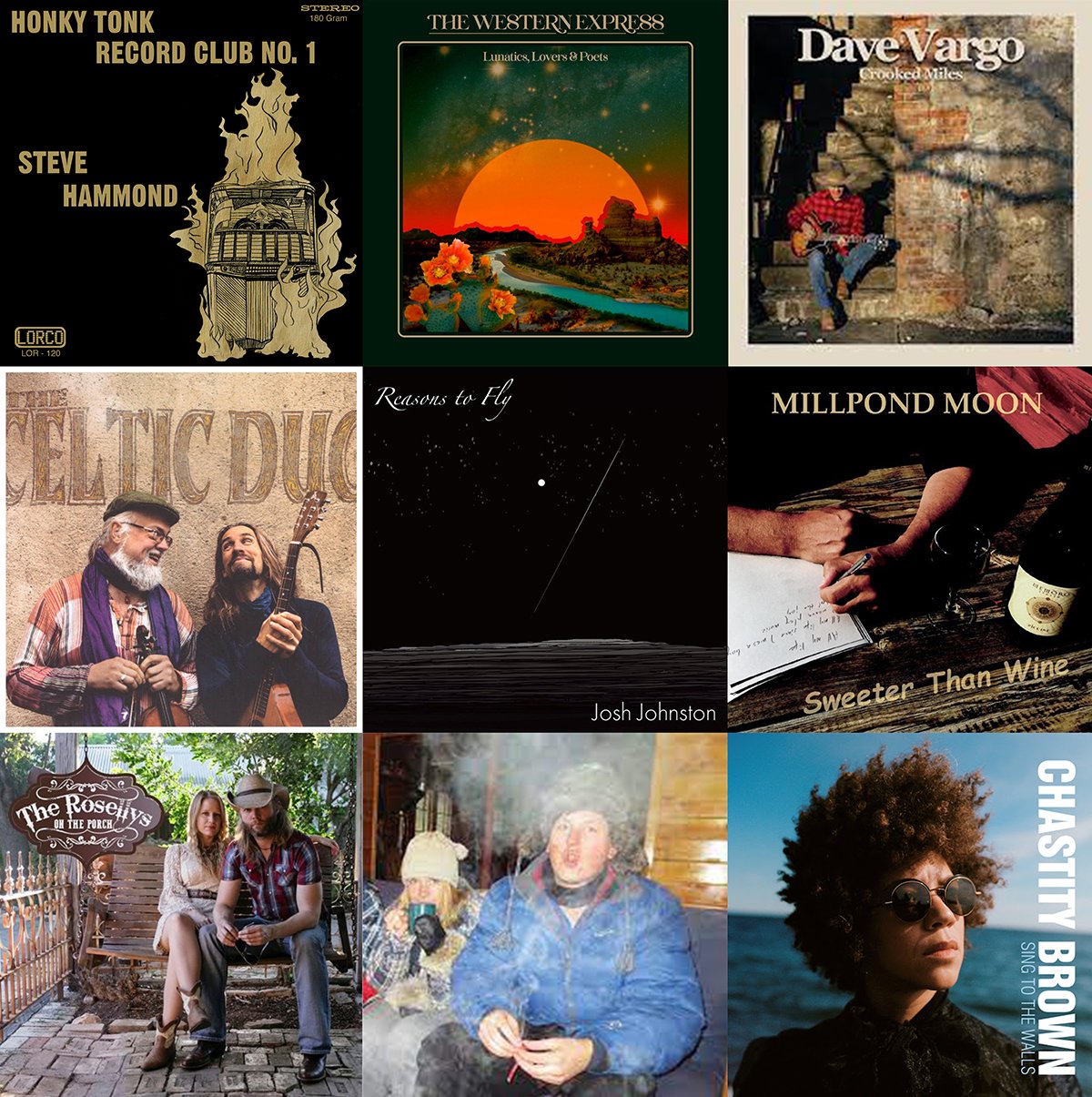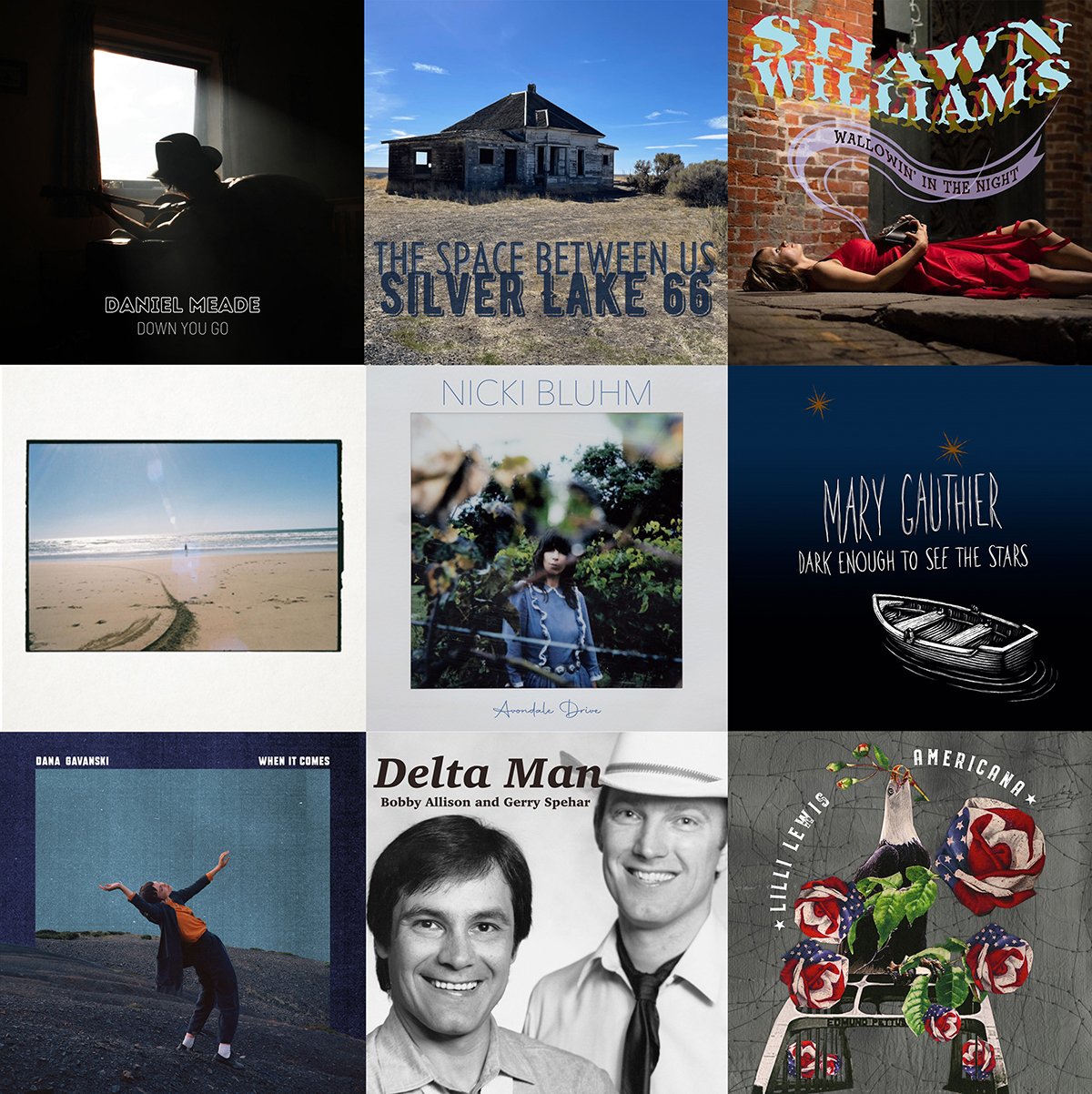David Hope … and the sea Tourbo
Written in the aftermath of the death of his father, to whom he was very close, David Hope’s fifth studio album is inevitably a deeply personal affair. At times a difficult listen, it expresses with words and music the depth of feeling that follows the passing of a loved one. This is, after all, a universal experience, and one which Hope articulates with no holds barred.
In World Stopped Turning, the rawness of grief is palpable, Hope’s deep vocals almost drowned at times by deep fuzzy distorted electric guitars, along with high pitched spiky guitar shrieks. Visceral stuff. Raised on the Atlantic seaboard of Co. Clare in the West of Ireland, nautical references abound throughout the album and, of course, the album title is a nod to Hemingway’s The Old Man and the Sea. In the title track, Hope identifies at times with Hemingway’s tragic hero, and at times with the fish. ‘Empty days of endless sails/No current for to pull me back’. He’s floundering too in the more uptempo and powerful Burning Question, with thumping bass drum and catchy guitar riffs expressing the living nightmare, and deep depression is the backdrop for No One to Listen, ‘a bleak and bloody tide … are you losing your mind?’
Hope returned to producer and percussionist Christian Best in Monique Studios in Cork to realise his vision for the project and the choice has paid off. Best (whose regular gig is with Mick Flannery) used a team of seasoned musicians, including Swiss upright bass player and vocalist Steffi Hess, a very impressive Kealan Kenny on guitars, Darragh Keary on keys, as well as Hope himself on acoustic guitar. Moon and Back is a touching acoustic guitar and piano ballad, again referencing loss and saying goodbye but this time with acceptance. Tom Waits is channelled in the edgy Death and Taxes, Hope’s deep growling vocals, Kenny’s persistent jaggy guitar, Best’s thumping bass drums, and Keary’s piano magically transport you back to Heart Attack and Vine territory.
There’s a respite from mourning briefly in Whiskey Mornings, a lament about hangovers, but the sombre mood is lifted finally by the beautiful Lover’s Leap (Coast of Clare). Sounding like a tourist board advertisement, it is Hope’s love song to one of his favourite places.
Jenny Mongan’s striking cover artwork depicts David in a small boat, possibly about to be overwhelmed by a tsunami, with nothing but an umbrella for protection. Let’s hope the music carries him through safely.
Review by Eilís Boland
Rob Heron & The Tea Pad Orchestra The Party’s Over Tea Pad
This latest album from Rob Heron and his crew is a veritable confluence of swing, country, blues, soul and rock ’n’ roll influences which are, in the main, corralled into Heron’s original songs. The production, which has an authentic retro glide into the future sound, was handled by Heron, the orchestra and John Martindale, who also recorded, mixed and mastered the set.
The band, Tom Cronin, Colin Nicholson, Ted Harbot and Paul Archibold were joined by a further six, mainly brass players, to round out the sound. One that while undoubtedly retro in style, has a lot to recommend it to a current discerning audience that is in tune with its direction and style. Overall, this approach means that listeners may well find favour with certain sounds that immediately appeal. That is the case with this listener, for the faux-western soundtrack configured approach of The Horse That You Rode In On. My Salad Days, complete with yodelling, is one of a number of songs that cautiously recognise the passing of time. Snip Snap Snout is an accordion-driven romp that has the energy to burn over an insistent snare drum rhythm. Trouble Is, written by Paul Weber, is a heartfelt ballad that harks back to the 50s with a nice touch of country-style guitar and piano, and is delivered with a confident vocal from Heron. The up-tempo A Call To Mother’s Arm has a chorus and Celtic-tinged melody that is appealing while balanced against a sense of foreboding about being in battle.
The title track includes harmonica, which serves to accentuate a certain jaunty realisation that time has moved on and the late-night antics of yore may not cut the ice as one gets that much older and perhaps wiser. There is a 60s feel to Dilly Dally Sally that would have fitted easily into the set of a beat group of that era, while Remind Me Tomorrow with its prominent sax, turns the dial back a few years. Right To Roam is a song which is about seeking independence whilst at the same time wanting to be at the place called home.
The final track The Doctor Told Me has a mix of Newcastle/New Orleans nights, offers its warning about over indulgence, though it’s a warning you feel is going to be ignored. Rob Heron & The Tea Pad Orchestra hail from all around the British Isles but are based in Newcastle and have made inroads as a live and recording act that has been continually increasing their fan base. This, their fifth album, finds them maturing as a collective unit and coming to terms with growing older and growing their diverse efficaciousness as they continue to realise that the party may be over, in some respects, but the need to keep the home fires burning is not diminished. Doing all this in style and with humour (as witnessed in the cover art) is their way.
Review by Stephen Rapid
Sam Platts & The Plainsmen West Side Self Release
San Platts and The Plainsmen are based in Montana. Platts grew up in Wyoming and both locations were formative in shaping the music that he and the band now play. Their motto is “western music that swings” and they live up to that with the release of this album. The Plainsmen are Lilly Platts on violin, J Kane on bass and Bill Dwyer on electric guitar. Bill also produced the album which is delivered with a real affection for the music from the past while well aware of their place in the current alliance of bands fuelling the growth of their roots.
Platts can also pen a pretty authentic song that sits easily alongside the traditional arrangements and the lone cover they have included. Let’s take that album closing track first; a cover of Pinto Bennett’s You Cared Enough To Lie is a fitting tribute to the Idaho musician’s staunchly time-honoured output. It is also a good song and well worth the inclusion. After that listeners, especially those who have a penchant for western songs, both in the cowboy and swing versions, will enjoy Whoopee Ti Yi Yo and the more blues associated Saint James Infirmary Blues. Both are given effective arrangements that fit the quartet’s talents, with Dwyer’s confident guitar and Lilly Platts violin obvious important elements of the sound. They sit over Kane’s foundation of double bass and Sam Platt’s arch-top rhythm guitar. The absence of percussion is largely unnoticed throughout the recording.
Platts has a rich voice that is ably backed by harmony vocals from the band to give that part of the sound a variety of overall tones. There are eight original compositions from Platts that often relate to a lifestyle that is likely to be appreciated by those facing similar issues and ambitions. If You Haven’t Met The Wolf tells of a shared living standard that faces a hard truth and that “you ain’t a friend of mine if you haven’t done your time on the poverty line.” This theme is also central to The High Cost Of Low Living. The title track has the oft-considered notion that the grass may be greener on the other side, in a tale of trying to please a partner who is not convinced. Just In Time is also about a relationship that is uncertain. It delivers this with a strong melody, making the message of “it’s the right time to leave” more appealing. Canadian Line is the story of a rocker who has found peace of mind working and living off the land. While I Can’t Stay Out Of The Bars laments the magnetic pull of those alcohol-serving establishments but reasons that they are the only place where he can forget what he needs to forget.
Overall, a thoroughly enjoyable album that will appeal to their followers as well as to fans of such similarly-mined, but suitably different combos, such as The Hot Club Of Cowtown. An album that, indeed, lives up to its motto and one that deserves to be heard outside of the plains of Montana.
Review by Stephen Rapid
The Prescriptions Time Apart Single Lock
Nashville-based three-piece band The Prescriptions turned quite a few heads in 2019 with the arrival of their debut album HOLLYWOOD GOLD, which led to invitations to appear at SXSW and Jason Isbell’s Shoals Fest. Singer and guitarist Hays Ragsdale is the band’s songwriter and the other players are Parker McAnnally on bass and drummer John Wood. Infused with a combination of raw power pop and late 60s country rock, the album was a pointer towards a young band with a confident swagger about themselves and inspired by music from bygone eras.
Using the extended time available to them during the pandemic has resulted in a more probing record this time around. HOLLYWOOD GOLD was somewhat of a multi-genre affair, skipping between power pop and late-60s country rock. Their latest offering continues with the former but crosses over into more experimental rock. Employing two producers on TIME APART has yielded noteworthy results in this regard. They recorded in both Nashville with Brendan Benson (The Raconteurs) at the controls and in Alabama with Ben Tanner, the former Alabama Shakes keyboard player. Rather than effecting an inconsistent outcome, the shifting modes across the eleven tracks on the album work spectacularly well.
They’re out of the blocks at a rapid pace with the guitar driven April Blossoms, followed swiftly by Long Past Tonight and Love is Red. In classic power pop form, the latter two both sign off around the two-and-a-half-minute mark. In contrast Fire Moon, the album’s stand out track for me, rambles on gloriously for twice that length. With echoes of Radiohead, it is one of three tracks on the record that suggests a maturing and evolving band finding its sweet spot. The other two songs of a similar persuasion are the spacey On Satellite and the contemplative Baby Be Nice. Other songs that leave a lasting impression are the jangly I Might Try and hook-filled Not The Issue.
Mixing creativity with grungy energy, The Prescriptions have more than made good on the promise on their debut album with TIME APART. In fact, they have taken a massive step forward and hit the jackpot with a body of work that will particularly appeal to fans of Big Star and Nada Surf.
Review by Declan Culliton
The Stubborn Lovers Come A Reckoning Self Release
Portland, Oregon-based three- piece band The Stubborn Lovers consist of singer and guitarist Mandy Allan, New Jersey-born songwriter and bass player Jenny Taylor and drummer Michael ‘Pearl’ Nelson. Formed over ten years ago, the band has honed its act by touring extensively and released their debut album MOTHER ROAD in 2018.
With a combination of roots and rock with a little country on the side, their core sound is what might have been christened alt-country in former decades. Their strongest point is their three-part vocal harmonies, which work spectacularly well on the Jayhawks sounding Counting Feathers on a Sparrow’s Wing (great title!), which, ironically, was written for their previous album but didn’t make the final cut. Two break-up songs follow in quick succession, the hook filled You Take Tacoma, I’ll Take My Chances and Gramercy, apparently both relating to the same relationship.
They dip into country territory with the road song Jamestown Highway/Get On Board and Midnight Motion is no-nonsense classic rock with background chanting borrowed from The Stones’ Sympathy For The Devil. Coincidentally, or possibly not, ‘rolling stones’ are included in the lyrics. Saving the best for last, Cottonwood Run bookends the album in fine style. Running for six and a half minutes it was inspired by Taylor’s grandmother’s ancestral home in a former tobacco plantation in North Carolina. Revisiting the thorny truths and realities of slavery in the South and backed by a driving rhythm section, the song bombards the senses with vocals that combine both pain and anger.
Well-crafted songs with predominantly dark nuances are most definitely to the fore on COME A RECKONING. It’s a body of work well word digesting song by song, by a writer never seeking an easy option. Check it out and see for yourself.
Review by Declan Culliton
Ian M Bailey You Paint The Pictures Kool Kat
Following on from his excellent 2021 album, SONGS TO DREAM ALONG TO, Manchester resident Ian M Bailey’s latest release, YOU PAINT THE PICTURES, remains true to the formula that worked so well on that record. Striking melodies, sweet harmonies, lots of jangle and twang, and hook-laden songs, are the order of the day once more.
As was the case with its predecessor, Bailey hooked up with ex-Cosmic Rough Riders member Daniel Wylie to co-write the eleven songs that feature. Produced by Bailey and recorded at his Small Space Studios, he contributed twelve-string Rickenbacker, bass, drums and keys, with strings and pedal steel played by Alan Gregson (Badly Drawn Boy, Angie Palmer, Cornershop).
Comparisons to the sun-kissed West Coast sounds of the 60s may be obvious but the quality on offer here stands shoulder to shoulder with many of the acts that galvanised Bailey’s devotion to both that genre and Brit-pop of the same decade. The country/ folky grooves of I Don’t Want To Start Again, Sitting In Silence and Change Is Easy have Gene Clark’s stamp all over them. I Wanted The Sun To Sun and Hey Little Girl recall the sound that Bailey’s fellow Mancunians The Hollies were playing on Top Of The Pops in the mid-60s and he also includes a ‘Doors like’ instrumental with the organ- driven The Year Of The Tiger.
YOU PAINT THE PICTURE is Byrds-type classic pop country, rather than what seeps out of Nashville these days under the same banner. There is little wildly original or innovative here, simply an artist that knows exactly what he is good at and has perfected and packaged that sound on a hugely enjoyable suite of songs. An album to brighten up any dark winter’s day.
Review by Declan Culliton
Jim Keller Spark & Flame Continental Record Services
The co-founder of San Francisco rock band Tommy Tutone back in 1978, Jim Keller follows on from the release of his 2021 album, BY NO MEANS, with another combination of blues, roots and rock with SPARK & FLAME.
Since relocating to New York from San Francisco, Keller’s parallel occupation has included the management of composer and pianist Phillip Glass’s career as director of Dunvagan Music Publishers. He returned to recording in 2005 with the release of IN MY POCKET and his latest recording is his fifth solo project.
Produced by Adam Minkoff and recorded at GB’s Juke Joint in Long Island, the album’s twelve songs were co-written by Keller and Byron Isaacs (The Lumineers, Lost Leaders). The selection of composer and multi-instrumentalist Minkoff as producer has resulted in a richer and fuller sound than on Keller’s recent work. Joining Keller in the studio were a host of New York’s top players, many of who regularly join him on stage for his live shows.
The title track is a gloriously upbeat Tom Petty meets The Byrds inclusion and Keller heads south for the New Orleans-influenced Tower Of Love and When You’re Rock. The opening track Falling Down contains an infectious melody that remained with me for quite a while after a few spins and ‘Till the Water Drinks my Bones, complete with a background chorus, also impresses. In contrast to many of the multi-layer tracks, Keller bookends the album with the acoustic Even Angels Have to Fall. With a spoken delivery, it’s a moving elegy on fatherhood and a fitting closer to an album that does not slot easily into any one genre. It’s also Keller’s most ambitious and impressive solo recording to date.
Review by Declan Culliton
Pug Johnson & The Hounds Throwed Off and Glad Self Release
Beaumont, Texas country music rabble-rousers Pug Johnson and The Hounds get my vote for album title of the year with their debut full record, THROWED OFF and GLAD. The quality of the twelve songs on the album is equally impressive, with Johnson’s gritty honky tonk vocals backed by gilt-edged playing.
However, don’t expect any ‘somebody done somebody wrong’ country songs. The songwriting explores an altogether darker side, though at times in a light-hearted way. What you get is humour (Poncho, Buffalo Coin), numerous intoxicant references (Ode To The Weed Man, One Hand on My Whiskey, Cocaine Street Blues, Sex, Drugs, and Rock ’n’ Roll) and classic Texas country tunes (the Jimmie Rodgers standard, T for Texas, and Country Song). The latter includes backing vocals from fellow Texan, Sage Elmore.
The title track that opens the album sets the scene perfectly for what’s to follow. Johnson’s Texas drawl kicks in after an extended intro, as if he’s finishing his whiskey before joining the band on stage. The author’s personal journey is addressed in the slow-burning ballad Angel, and the rockier Miss You All, which grapples with mental illness, is a powerful inclusion. The album includes three songs that appeared on the EP, EXTENDED PLAY, from earlier in the year, and much of the material was written by Johnson while he was residing in Nashville prior to returning to his home State.
Another case of having to scratch beneath the surface to unearth some country gems that have been released this year, THROWED OFF and GLAD is packed with wicked humour, full of pace, swing and twang, and also offers the listeners some memorable songs, often dealing with thorny matters. No doubt suitably honed from performing at honky tonks and dancehalls in their home state, make no mistake Pug Johnson & The Hounds ‘talk the talk and walk the walk’ in fine style on this highly enjoyable record. If Texas outlaw country rocks your boat, you’re going to love this.
Review by Declan Culliton
Kenny Foster Somewhere In Middle America Self Release
‘Worry not for tomorrow, for today has enough trouble of its own,’ were the parting words from Nashville-based singer-songwriter Kenny Foster when we spoke with him after the release of his album DEEP CUTS in 2017.
Sage words indeed from the artist from Joplin in southwest Missouri, given what we’ve gone through in recent years. Foster transferred from Missouri State University to Belmont University in Nashville, to complete his studies in philosophy and American culture, and further his music career. That move took place fourteen years ago and Foster’s early years in Nashville found him working in the marketing divisions of both CMT and MTV before releasing his debut full-length album, FOR NOW, in 2008.
Foster’s latest recording, SOMEWHERE IN MIDDLE AMERICA, finds him working once more with Grammy award winner Mitch Dane, who also produced his 2017 album DEEP CUTS. Over a dozen musicians, including Sierra Hull (mandolin), Josh Matheny (dobro, lap steel), Charlie Lowell (piano, accordion), and Liz Longley (backing vocals), contributed to the recordings at Sputnik Sound studios in Nashville.
The material finds Foster in a nostalgic mood, recalling the simplicity and contentment of growing up in small-town America alongside the struggle for survival for those who, unlike Foster, chose to remain in towns whose core industries have not survived in recent decades. The songs unfold like chapters in a book, and the title track opens the album, introducing what is to follow. Poor Kids, which follows, is a ‘down memory lane’ remembrance of uncomplicated childhood times. Good For Growin’ Up follows a similar subject matter, with the writer’s reflections on the ‘For Sale’ sign appearing on the family home. Dreams Change is a heartfelt love song of contentment and fulfilment, most likely directed towards Foster’s wife. Other standout tracks are the autobiographical and introspective For What It’s Worth and The Same. The latter is the album’s closing chapter and details insightful advice given by a father to his son to take chances and spread his wings, leaving the listener pondering if it mirrors a conversation the writer had with his own father.
Foster’s core sound lands between roots and rock, without crossing over to formula- driven pop country. Well-written songs are supported by topflight playing and production on an album that may very well considerably raise Foster’s profile.
A mention is also warranted of the album’s most impressive cover design, liner notes and photography. Whereas quite a number of releases in recent times, driven by the dominance of downloads over physical product, offer little by way of discerning artwork, it’s refreshing to receive a physical CD so strikingly packaged.
Review by Declan Culliton



